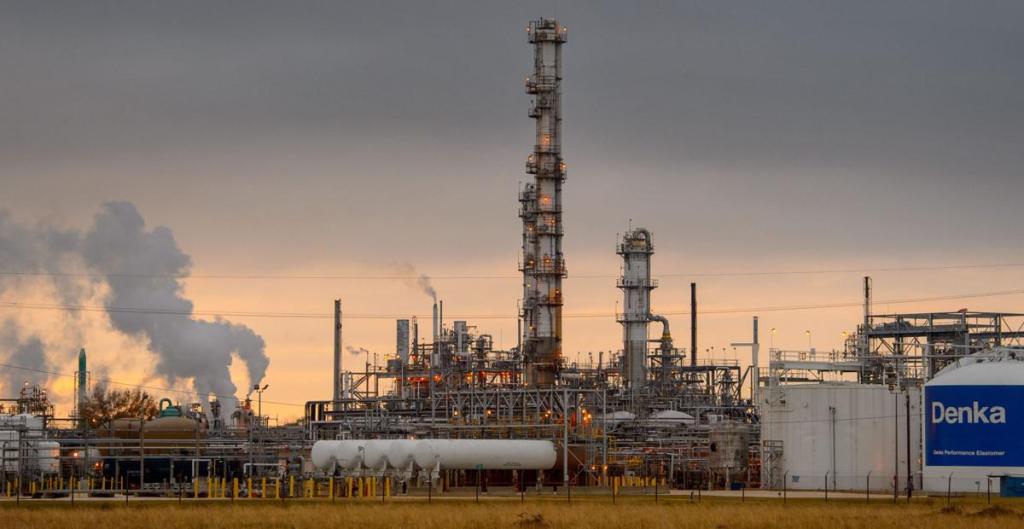Denka suspends operations at LaPlace chloroprene rubber plant, blames ‘extraordinary’ losses
Published 6:18 pm Tuesday, May 13, 2025

- denka plant
|
Getting your Trinity Audio player ready...
|
Japanese rubber manufacturing giant Denka announced on Tuesday that it will halt production and is considering selling its controversial plant in St. John the Baptist Parish, citing recent losses exceeding $109 million.
“Rising costs, declining production volumes, staffing challenges, and a weakening global economic environment for chloroprene have led to the expectation that improving profitability in the near term would be difficult,” the company said.
The LaPlace facility, operated by Denka Performance Elastomer LLC, the US subsidiary of Japan’s Denka Company Limited, has been producing chloroprene rubber since December 2014. The company acquired the plant from DuPont in November 2015.
As of last December, the plant employed 250 workers. However, Denka stated that the facility had already been safely shut down for “regular maintenance” prior to Tuesday’s decision not to restart production. The company reported a $109 million loss from the plant during the past fiscal year that ended on March 31.
“All options for the business, including a potential sale of the business or its assets, will be considered,” Denka said in its statement. “No decision regarding a permanent closure of the facility has been made at this time.”
The plant is the sole manufacturer of neoprene in the United States, and last year faced stricter environmental regulations imposed by the Biden administration. Residents of nearby communities raised health concerns due to the plant’s emission of potentially cancer-causing agents.
Louisiana Gov. Jeff Landry and St. John Parish President Jaclyn Hotard have previously expressed support for the plant’s economic impact on the region. Last July, Landry celebrated Denka’s two-year extension for compliance with new EPA regulations.
Louisiana also filed a petition in federal court in Washington, D.C., challenging the EPA’s ruling as one that stripped the state of its authority to impose safety compliance rules.
Petrochemical companies, however, harshly criticized the rule, stating that it would harm economic development, and Denka warned that it would force the company to idle operations.
The rule aimed to reduce emissions of chloroprene, ethylene oxide, and four other cancer-causing pollutants from over 200 chemical plants, including 51 in Louisiana.
It specifically targeted Denka, setting fenceline monitoring levels for chloroprene and requiring compliance within 90 days.
Denka cited several reasons for the plant’s losses, mainly regulatory, power, and staffing issues.
“In addition to rising costs and staffing challenges, DPE has faced declining volumes of chloroprene rubber production at its facility, due in part to operational restrictions arising from pollution-reduction measures and unscheduled plant outages associated with supply chain disruptions and severe weather events,” the statement said.
“These challenges, combined with the impact of changes in the global economic environment affecting the chloroprene rubber market, have placed pressure on profits.”
The company said unforeseen expenses included the “identification, design, purchase, installation, and operation of pollution-control equipment to reduce chloroprene emissions that DPE did not anticipate being required when it acquired the facility.”
Denka also cited difficulty with rising inflation in the United States and “overall challenges in securing and maintaining qualified staff.”





